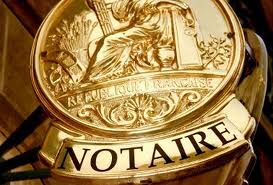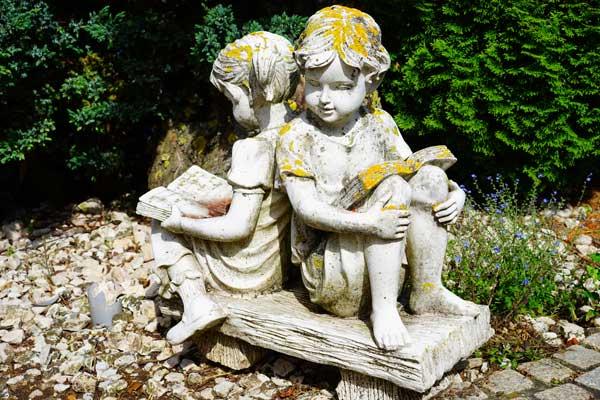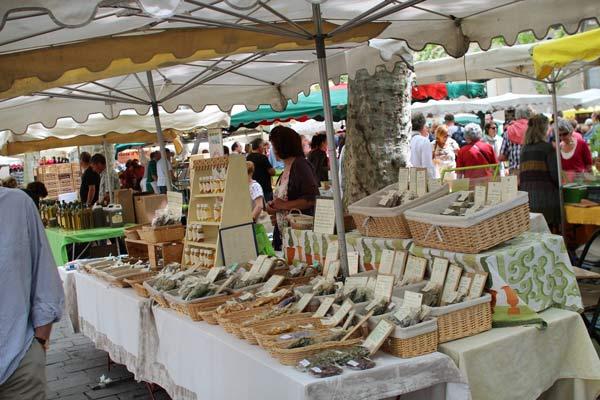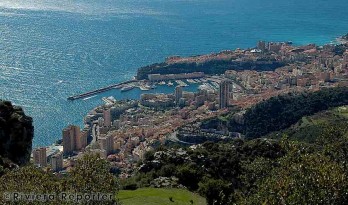In this series Patrick Middleton looks at some of the professions almost all of us have to deal with at some time
Michel Lallamant, notaire In preparing for my interview with Michel Lallamant I came across a quotation from the nineteenth-century novelist Balzac: "If a man is," he wrote, "in the slightest degree an artist, an enthusiast, a lover, he cannot succeed as a notaire." A profession for dull dogs, at least in those days. "There's something in that," admitted Me Lallamant, an engaging and immensely articulate man whom I met at his Nice étude. "Like many jobs ours has changed a lot. In Balzac's time the notaire had a certain status that wasn't necessarily related to individual competence, and some of them weren't especially bright." So what does a notaire do? One of Balzac's contemporaries, who himself exercised the profession, declared, rather grandly, that "the notaire is at the origin and end of all things in civil life."
In preparing for my interview with Michel Lallamant I came across a quotation from the nineteenth-century novelist Balzac: "If a man is," he wrote, "in the slightest degree an artist, an enthusiast, a lover, he cannot succeed as a notaire." A profession for dull dogs, at least in those days. "There's something in that," admitted Me Lallamant, an engaging and immensely articulate man whom I met at his Nice étude. "Like many jobs ours has changed a lot. In Balzac's time the notaire had a certain status that wasn't necessarily related to individual competence, and some of them weren't especially bright." So what does a notaire do? One of Balzac's contemporaries, who himself exercised the profession, declared, rather grandly, that "the notaire is at the origin and end of all things in civil life."“It needs a legal eye”
"Well, yes," agreed Me Lallamant, "but that's a bit vague. To be more precise, a notaire is a public official—who has to be a French citizen, of course—appointed by the Ministry of Justice to authenticate documents, especially those relating to property transactions, succession, inheritance and marital regimes. At the same time, he or she—there's an increasing number of women coming in—is regarded as exercising a liberal profession. Even the French find this rather difficult to understand in the case of a state nominee, but it's foreigners especially who find it hard to grasp what sort of animal we are. We're not independent lawyers like British solicitors, for example. Our first responsibility is to make sure that documents—actes or deeds—are drawn up correctly and on the basis of reliable information. This is something very typical of the French legal system with its emphasis on the written word."
When does Me Lallamant, who is fluent in English and German, find himself dealing with foreign clients? "Mainly for property sales and in matters concerning marriage and inheritance." Under French law, the notaire has a monopoly of conveyancing. He prepares the various documents relating to a sale and is responsible for the payment of administrative charges. He also confirms the seller's title to the property, checking that there is no pre-existing mortgage. Commonly these days both buyer and seller have their own notaire and the fees, paid by the buyer, are split between them. Explained Me Lallamant, "In principle nothing can go wrong with the transaction if we do our job properly. And if it does we're in trouble, so we're very meticulous. For that reason, I do advise people to get a notaire in from the beginning rather than leaving the earlier stages of the paperwork to an estate agent. It needs a legal eye."
And what about marriage and inheritance? "Well, these are fields where an unadvised foreigner can get a nasty shock. For example, if no special provision is made when one spouse dies the children have a privileged claim on the estate and this can be very disadvantageous to the surviving partner. But it's possible to place the property in France under a special regime which allows the widowed spouse to inherit automatically." How can a client get the most out of a consultation with a notaire? "By giving him a maximum of information about everything—family situation, property, income and its sources, future intentions in matters like place of residence—and so letting him work out the best solutions for you. In legal matters too late is always too late…"
“We work hard”
Confronted with the notaire's fees relating to a property transaction foreigners often groan—and speculate that the profession must be a good one to be in. A recent survey did, in fact, indicate that the average notaire earns around 160,000 euros a year, and, some can double that. "We don't starve," admitted Me Lallamant, "but let's be clear on this fees question. We're tax collectors, don't forget, and most of the money we take in we pass on to the State. Our share is about one per cent of the purchase price. Remember, too, that these days you have to follow a long course of post-graduate studies and then move through a variety of subordinate positions. You get to be a fully-fledged notaire in your early to mid-thirties. And we work hard, too. A lot of us do tax and other kinds of consulting on top of our traditional activities." It can't be a bad life, though, I observe. Don't a lot of sons and now daughters follow their fathers into the profession? "Indeed they do. My own son is working for his exams at this moment."
From Riviera Reporter issue 91

















